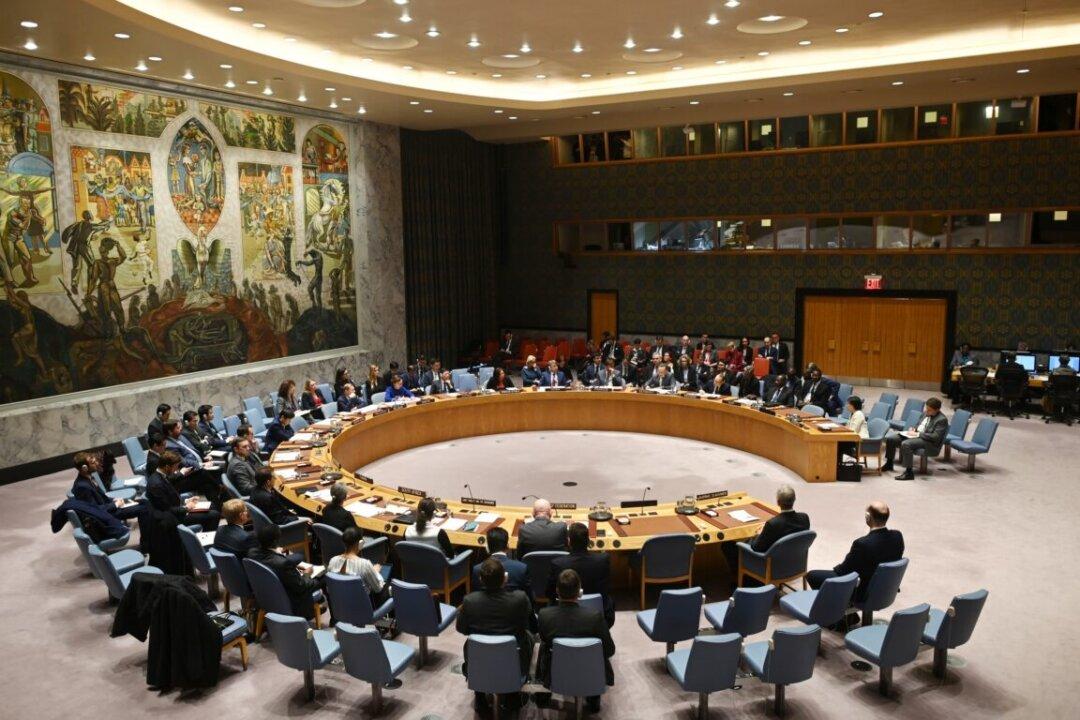The United Nations Security Council failed to adopt a U.S. resolution to extend arms embargo on Iran which will expire in October. The United States vowed to take action to extend the embargo to prevent Iran from purchasing and selling weapons to terrorist organizations across the Middle East.
The U.N. Security Council met on Thursday evening to vote on a U.S. resolution that would indefinitely extend the U.N. arms embargo on Iran.





